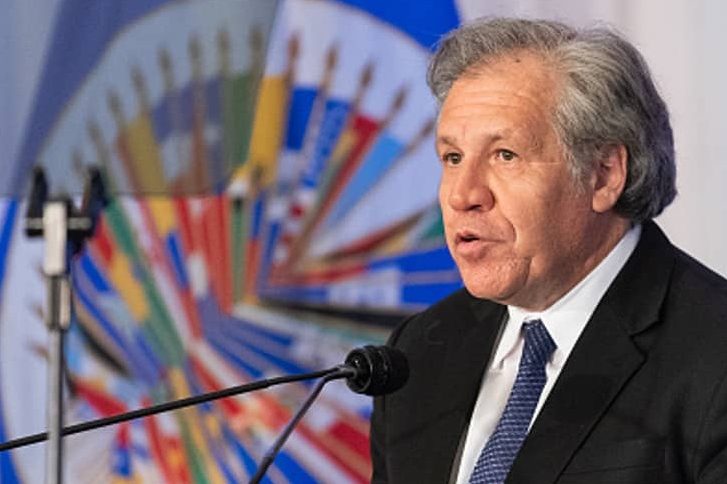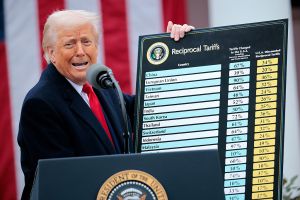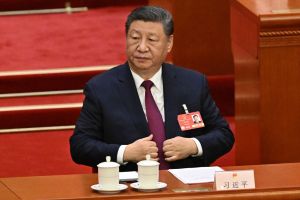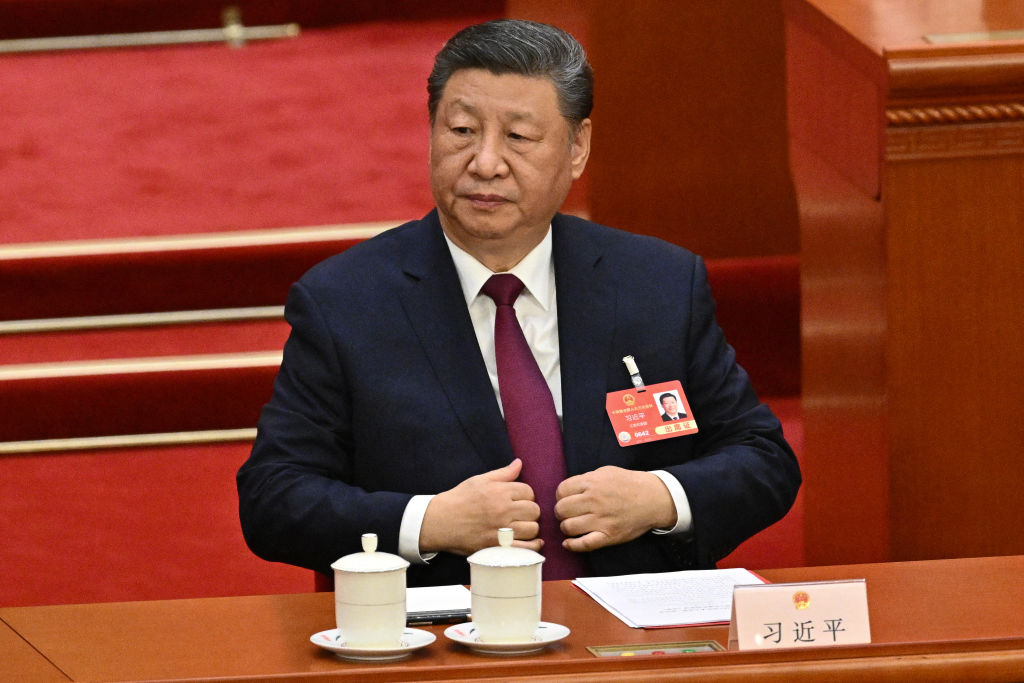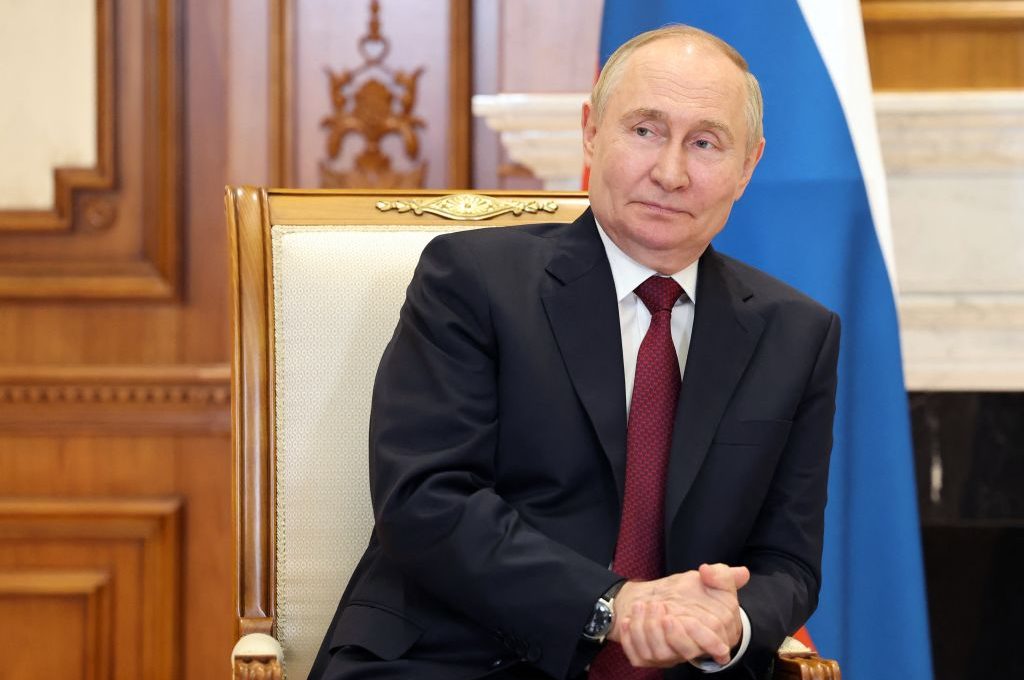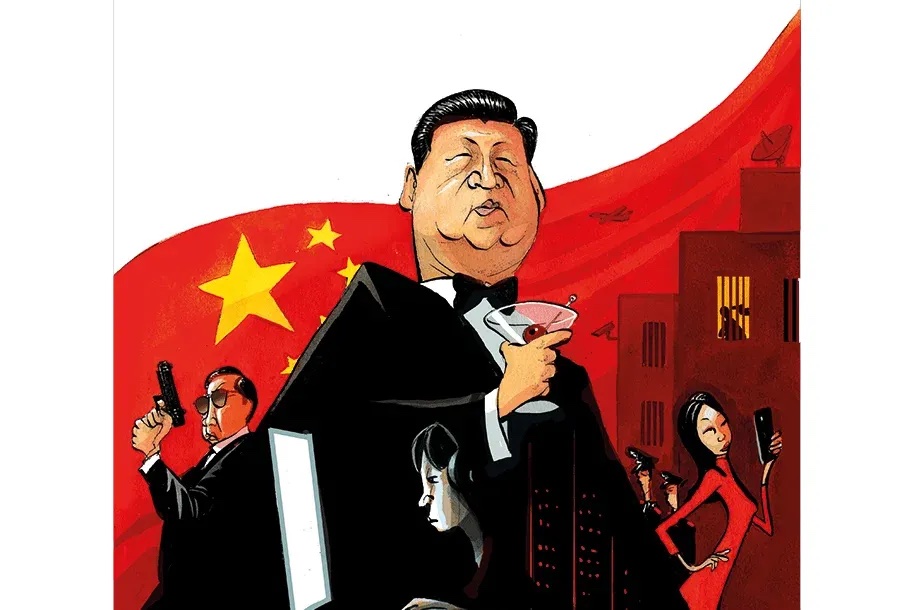I represented the United States at the sixth Youth and Democracy in the Americas Summit at the Organization of American States, or OAS, last month. Most Latin Americans know this organization well, though most here in the US don’t. It is the premier regional political forum, the region’s European Union, a sort of mini-UN. When tyrants steal elections and jail journalists, the OAS becomes the center of the spectacle.
It has a reputation for defending liberty. But when it comes to China, matters get murky. So much so that the organization is willing to censor American voices that tell the truth about China’s regional ambitions.
The appointment of Florida senator Marco Rubio as secretary of state may augur a new era of US focus on its hemispheric neighbors. Still, for those who haven’t noticed that extra-regional actors have replaced US leadership in the Americas (building military bases and mining billions of dollars in critical minerals), my experience should elucidate how bad things have gotten.
Leading up to the event, I was instructed to send in a speech on the topics of hemispheric security and democracy.
“Where have the defenders of sovereignty gone when Russians build bases on their lands, when the Chinese mine billions of dollars of critical minerals from their grounds, when Iranian-backed terrorists roam freely in their lands?” my speech read. “Does Beijing, thousands of miles away, with their secretive deals and sky-high demands care? If things go wrong, how does it hurt them? Someone please, enlighten me.”
Soon after the draft was sent, I was informed that it was rejected. The only one rejected, in fact. “It’s too ideological,” I was told by Eva Sierra, one of the summit’s organizers, who told me that the OAS wouldn’t let me speak. “[Member countries] don’t have [these] official positions on China,” she explained. I was told to produce a different one, critiquing the US’s state of democracy and refraining from mentioning China. “If that isn’t resolved today, you risk not being able to participate,” I was told by another of the organizers. “I will write your speech,” she added.
Disturbed but interested in the opportunity, I drafted a new version, plastered with platitudes. “We recognize that issues, ranging from migration to organized crime, are deeply interconnected and cannot be resolved in isolation,” it read.
What happened to the defense of free expression? The OAS sells itself as the stalwart of freedom, but suddenly a twenty-something talking about “hemispheric security” is menacing to them?
Those who perceive what’s behind the fog know that, since 2015, the organization has been led by the soon-departing former Uruguayan ambassador to China, Secretary-General Luis Almagro. The man is a hero to many, but his defense of democracy stops when the nurturing role of the Chinese Communist Party comes up. This is how an organization that is vastly funded by the United States feels comfortable shutting down American speech. It is institutional capture — and it is big down south.
When the time came, to avoid getting the mic cut off, I decided to follow the rules. China went unmentioned, as they ordered. I did however keep things metaphorical — alluding to a dragon, a donkey and an eagle. It got rave reviews. Yet days after the event, I was told that the cameras decided to stop working when it was my time to speak. There is no official clip apparently — though I saw the cameraman and viewed myself on a screen while I was addressing the audience. What a coincidence.
Part of me wishes I could have delivered the full speech. It was not ideological. It was truthful. In what world could the US talk about hemispheric security and not mention the extra-regional actors operating in its neighborhood?
Despite the inconveniences, in their attempt to shut me down, the message of the speech was vindicated. Hopefully, this case helps bring attention to what should be a priority. Specifically, as the organization prepares itself for new leadership, it is time for Washington to start placing conditions. Why should the US be a primary funder of an organization that is so preoccupied with keeping China out of people’s mouths?
The US will be hoping that the next person to lead the OAS is going to full-throatedly defend its principles. So far, there is a man that appears to fit that mold — Paraguayan foreign minister Rubén Ramírez Lezcano, from the only South American country that still maintains relations with Taiwan. The election of Almagro’s successor is in March, and Suriname’s foreign minister Albert Ramdin, who China would prefer for the role, seems optimistic about his prospects.
It’s early to make predictions and others are expected to join the race. Still, the US will be thinking ahead. A push for an institutionalist that puts the OAS’s mission first should be its priority. If unsuccessful, the US may start to consider openly talking about institutional capture, and depending on the pick, potentially entertain the threat of defunding. In an era of great power competition, if China cares so deeply about Latin America, why wouldn’t the United States?



